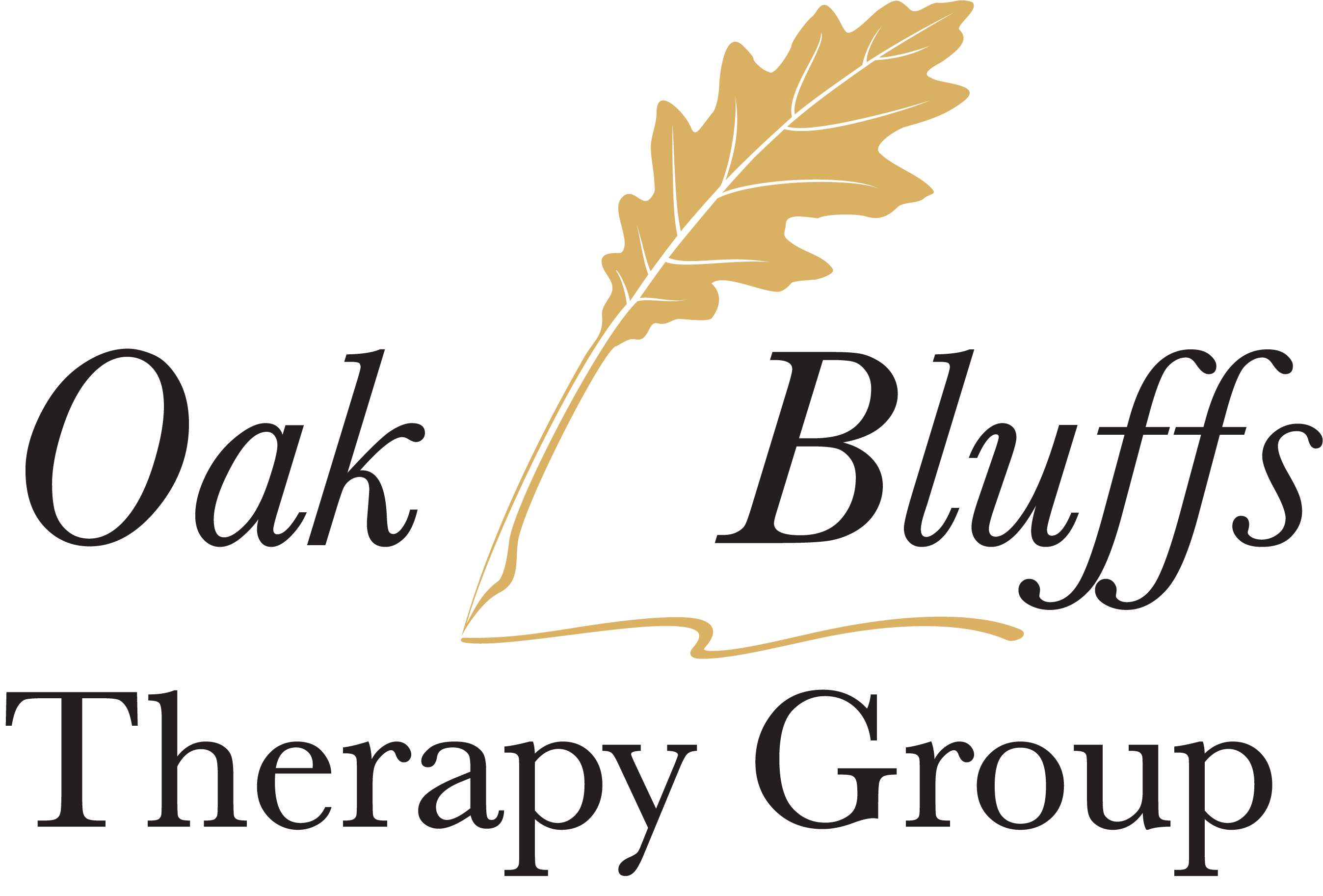EMDR Therapy is an integral part of our therapeutic offerings, representing our commitment to helping individuals overcome the effects of trauma and distressing memories. Our perspective on EMDR Therapy centers around providing a structured and supportive environment where clients can safely process traumatic experiences and reduce their emotional impact.
Here at Oak Bluffs, we use EMDR Therapy as a specialized approach to trauma healing. Our EMDR-trained therapists work collaboratively with clients to identify target memories and associated beliefs. Through a series of carefully guided sets of bilateral stimulation, such as eye movements or tapping, we facilitate the reprocessing of traumatic memories.
From our perspective, EMDR Therapy is a highly effective method for alleviating distress and promoting emotional resilience. We tailor our EMDR sessions to the unique trauma history and healing goals of each client, ensuring that they can integrate their traumatic experiences in a healthier way. EMDR is a journey toward healing and recovery that we are dedicated to facilitating, with the ultimate aim of empowering clients to move forward with greater emotional well-being and strength.

EMDR Therapy in Dallas
What Is EMDR?
Eye Movement Desensitization and Reprocessing (EMDR) is a psychotherapy technique used to help individuals process and cope with traumatic memories. Through guided eye movements and other forms of bilateral stimulation, individuals are aided in reprocessing traumatic information to reduce its distressing impact and promote healing. EMDR is especially effective for individuals dealing with Post-Traumatic Stress Disorder (PTSD).
How Does EMDR Work?
EMDR works by helping individuals process traumatic memories in a safe and structured setting. During EMDR sessions, a therapist guides the client in recalling distressing events while simultaneously directing their eye movements or providing other bilateral stimulation. This process helps change the way the brain stores and processes traumatic memories, reducing their emotional charge and aiding in the healing process.
The 8 Steps of EMDR
EMDR therapy is structured around an eight-phase approach, aimed at processing and alleviating distress from traumatic memories. Here are the steps involved:
Each phase is crucial for thoroughly processing traumatic memories and promoting healing, making EMDR a comprehensive approach to trauma recovery.
What Are the Benefits of EMDR?
The benefits of Eye Movement Desensitization and Reprocessing (EMDR) include:
These benefits contribute to EMDR therapy in Dallas being a valuable therapeutic option for many individuals dealing with trauma and other distressing experiences.

Is EMDR Effective for Addiction?
EMDR can be effective for addressing addiction as it helps in processing underlying traumatic experiences that may contribute to substance abuse. It aids in reducing the distress associated with such memories, which in turn can diminish the need for substances as a coping mechanism. However, effectiveness can vary from person to person, and it’s advisable to consult a healthcare professional to determine if EMDR therapy in Dallas is the right approach for one’s specific situation regarding addiction.
Still reading? If you’re suffering from anxiety, depression, PTSD, or other emotional distress stemming from disturbing life experiences, request a call today to find out how EMDR can help.
Who Is EMDR Best For?
EMDR is best for individuals dealing with the effects of trauma, particularly those with Post-Traumatic Stress Disorder (PTSD). It’s also beneficial for those experiencing anxiety, depression, and other emotional distress stemming from disturbing life experiences. Consulting an EMDR therapist in Dallas can provide personalized advice on whether EMDR is suitable for an individual’s specific circumstances.
What To Expect During an EMDR Therapy Session
During EMDR therapy, expect to work through a structured eight-phase process with your therapist. Early sessions involve history-taking, preparation, and identifying target memories. In the core part of therapy, you’ll focus on traumatic memories while experiencing guided eye movements or other bilateral stimulation, aiming to reprocess these memories to reduce their emotional charge.
Later sessions will work on reinforcing positive beliefs and assessing the therapy’s effectiveness. The process aims for you to gain a new perspective on past events and reduce their impact on your life.
How To Find the Right EMDR Therapist for You in Dallas, TX
Look no further than Oak Bluffs Therapy Group in Dallas, TX for all of your needs. As a premier provider of EMDR therapy in Dallas, Oak Bluffs has the resources and experienced staff to get you on the path to healing. Our staff includes some of the best EMDR therapists in Dallas, and they’re ready to start meeting with you as soon as you want to begin treatment.
To learn more, request a call today.

